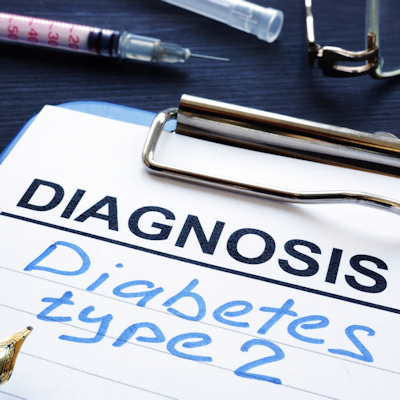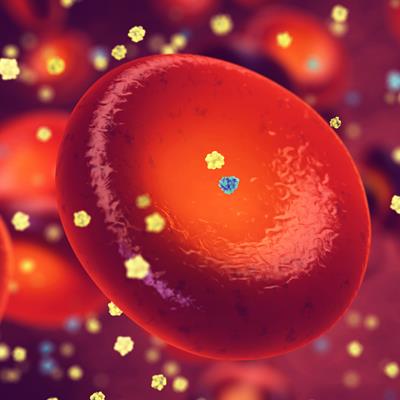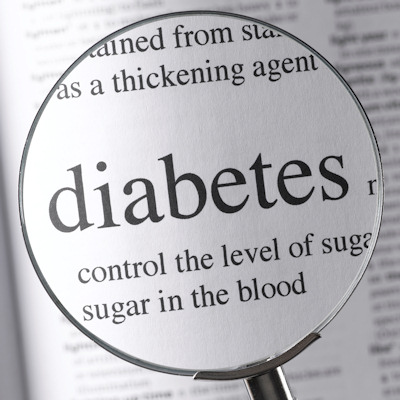February 14, 2023 -- Cedars-Sinai's Smidt Heart Institute investigators found that people who have had COVID-19 have an increased risk for new-onset type 2 diabetes, a significant contributor to cardiovascular disease. The findings, published February 14 in JAMA Network Open, also suggest that vaccination prior to infection may help to reduce risk of post-infection diabetes.
Diabetes affects an estimated 26 million people in the U.S. The disease disrupts normal metabolic processes, preventing the pancreas from producing sufficient insulin, a hormone that helps regulate glucose blood levels. Because diabetes can damage vital organs and blood vessels, people with diabetes are at higher risk for heart attack and stroke.
Investigators evaluated the medical records of 23,709 adult patients who had at least one documented COVID-19 infection and were treated within Los Angeles's Cedars-Sinai Health System from 2020 to 2022. The average patient was 47 years old, and 54% were female.
Within the study time frame, the combined risk of type 2 diabetes after COVID-19 exposure -- accounting for both vaccinated and unvaccinated patients -- was 2.1%, with 70% occurring after COVID-19 infection versus 30% happening prior to COVID-19 exposure.
The risk of type 2 diabetes after COVID-19 exposure for unvaccinated patients was 2.7%, with 74% occurring after COVID-19 infection versus 26% happening prior to COVID-19 exposure. The risk of type 2 diabetes after COVID-19 exposure for vaccinated patients was 1%, with 51% occurring after COVID-19 infection versus 49% happening prior to COVID-19 exposure. The results suggest that type 2 diabetes risks appear lower in those who were already vaccinated against COVID-19 prior to becoming infected.
The data patterns also suggest that COVID-19 infection may act as a disease accelerator, amplifying risk for a diagnosis that an individual might have otherwise received later in life. For example, instead of being diagnosed with diabetes by age 65, a person with a preexisting diabetes risk might be more likely to develop diabetes by age 50 after having had a COVID-19 infection.
The results verify that the development of type 2 diabetes after a COVID-19 infection is, in fact, a real risk that has persisted throughout the Omicron era. Given that most people will eventually experience a COVID-19 infection, researchers find the trend concerning. However, they note that their findings broaden the medical field's understanding of COVID-19's lesser-known effects on the body, and may promote a better understanding of risk prevention for metabolic and cardiovascular diseases in the future.
"As we learn how to live with COVID-19, we also have to be prepared to recognize and treat the various conditions linked to its aftereffects," first and corresponding author Dr. Alan Kwan, Smidt Heart Institute cardiovascular physician, said in a statement. "This research study helps us understand -- and better prepare for -- the cardiovascular risks of the post-COVID-19 era."
Copyright © 2023 scienceboard.net








